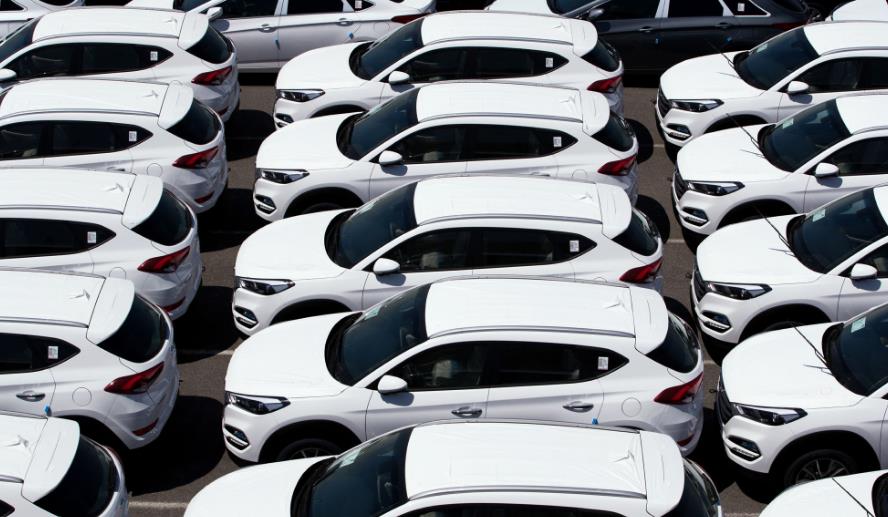China’s auto industry achieved remarkable results in 2023, breaking the previous records of production and sales, as well as becoming the world’s largest vehicle exporter for the first time. The strong performance was driven by the recovery of the domestic market, the surging demand for electric vehicles, and the increased recognition of Chinese brands in overseas markets.
According to data from the China Association of Automobile Manufacturers (CAAM), China’s cumulative automobile production and sales volumes reached a respective 30.16 million units and 30.09 million units in 2023, marking a year-on-year growth of 11.6% and 12%, respectively. These figures surpassed the previous highs of 29 million units in 2017, making China the largest auto market in the world for the 13th consecutive year.

The growth was mainly driven by the recovery of the domestic market, which was affected by the COVID-19 pandemic in 2022. The CAAM said that the effective control of the epidemic, the implementation of supportive policies, and the improvement of consumer confidence contributed to the rebound of auto consumption in China.
Electric vehicles lead the growth trend
Among the different types of vehicles, electric vehicles (EVs) and new energy vehicles (NEVs) showed the most impressive growth in 2023. Production and sales of NEVs exceeded 9.58 million and 9.49 million units, surging 35.8% and 37.9% year on year, respectively. NEVs accounted for 31.8% of the total vehicle sales in China, up from 25.8% in 2022.
The rapid development of NEVs was fueled by the increasing popularity of battery-powered cars, which offer lower emissions, higher efficiency, and better performance than traditional internal combustion engine vehicles. China has also been promoting the adoption of NEVs through various incentives, such as subsidies, tax exemptions, and preferential policies for license plates and parking.
Some of the leading Chinese NEV makers, such as BYD, NIO, XPeng, and Li Auto, achieved record sales and deliveries in 2023, challenging the dominance of Tesla, the US-based EV giant. Tesla, however, also saw its sales in China grow by 28% to 1.3 million units in 2023, thanks to the expansion of its Shanghai Gigafactory and the launch of new models.
China becomes the world’s largest vehicle exporter in 2023
Another notable achievement of China’s auto industry in 2023 was that it became the world’s largest vehicle exporter for the first time, surpassing Japan, which held the title in 2022. China’s vehicle exports, which included buses and lorries, jumped 58% year on year to 4.91 million units in 2023.
The main factors behind the surge in exports were the increased global recognition of Chinese brands, the competitive pricing of Chinese products, and the withdrawal of some Western automakers from certain markets. Russia was the top destination for Chinese vehicles, with sales of 841,000 units in the first 11 months of 2023, a year-on-year jump of 545%. Chinese carmakers benefited from the exit of global players such as Volkswagen and Toyota from the Russian market, due to the geopolitical tensions and economic sanctions.
Other major markets for Chinese vehicles in 2023 included Brazil, Chile, Mexico, South Africa, and Iran. Chinese automakers also made inroads into some developed markets, such as Europe and the US, where they offered high-quality and innovative products, especially in the NEV segment.
Challenges and opportunities ahead
Despite the remarkable achievements in 2023, China’s auto industry may face some headwinds in 2024, as the global market stabilizes and the competition intensifies. Some of the challenges include the EU anti-subsidy investigation, the US tariff threats, the chip shortage, and the environmental regulations.
However, there are also opportunities for further growth and innovation, as China continues to invest in the development of NEVs, autonomous driving, smart mobility, and digital transformation. China aims to increase the share of NEVs to 40% of the total vehicle sales by 2025, and to achieve carbon neutrality by 2060.
